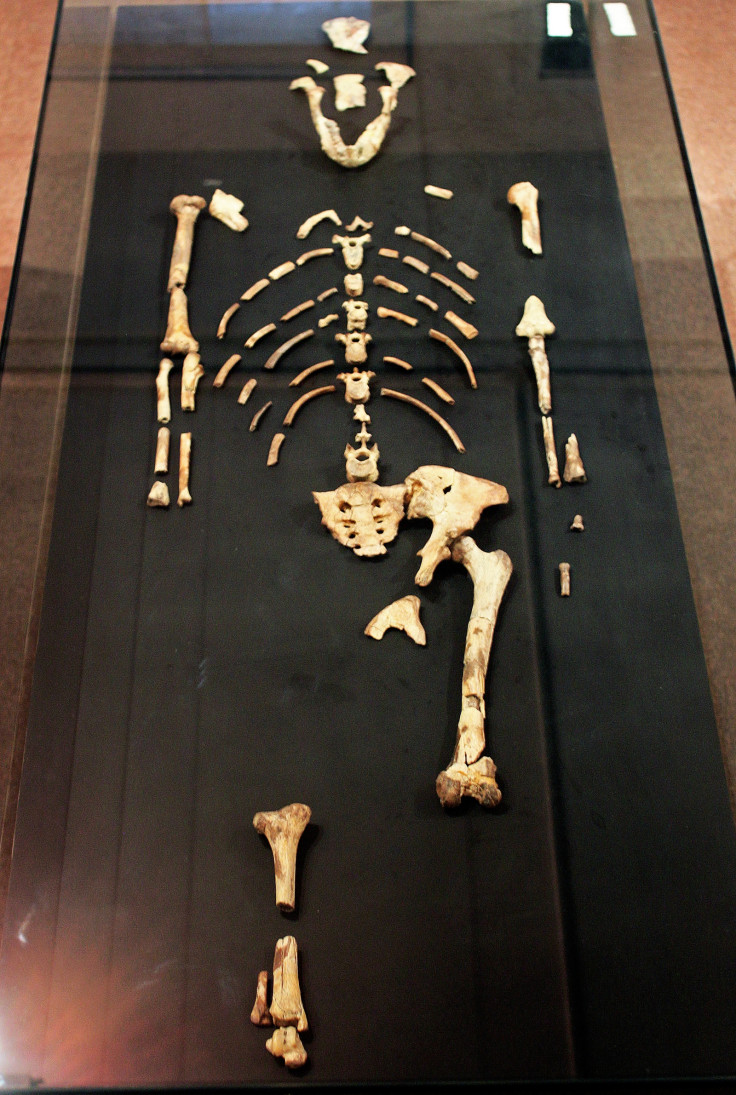Ashley Madison cheating website hack: Are we supposed to be in monogamous relationships?

The Ashley Madison cheating website hack which saw data from over 32 million wannabe adulterers leaked online has highlighted the sheer size of the market for extra-marital affairs. Ashley Madison was created to help people looking to have a discrete affair. As its tagline reads: "Life is short. Have an affair."
But as humans are we meant to be monogamous? Or is polygamy a more natural way of living, evolutionarily-speaking? The answer it appears, is both.
Of the thousands of mammal species on the planet, just 3-5% are monogamous. Along with humans, seemingly monogamous mammals include wolves, otters, gibbons and beavers. Monogamous pairs mate with only one partner to raise offspring. In contrast, polygamous mammals have lots of partners, often resulting in defined social structures where there is a dominant male, and competition among both males and females is rife.
Why did humans choose monogamy?
When it comes to humans, there are several theories as to why we (in many societies at least) became monogamous (apart from all the cheating). Our ancestor group Australopithecus appears to have had a polygamous mating system, so the change to sticking to one partner should have served some sort of evolutionary purpose. Indeed, monogamy in humans has only been around for a few hundred thousand years.
One theory is that monogamy evolved to stop babies being killed by rival men. Researchers looked at 230 different species and found the risk of infanticide was the driving force for monogamy, with a decrease in the practice as a result of males guarding and protecting their offspring.
Another study suggested monogamy is to do with supply and location – monogamy develops where there are few females. Males do not have the ability to fend off rivals for more than one female, so they stick with just the one to make sure the offspring are theirs. Neither suggests monogamy developed so the male can assist in raising the offspring, instead this is probably a by-product of monogamy.
In modern humans, infanticide is less of a concern now. Fending off other suitors could still hold true, but our psychological relationships are more complicated than that. Some evolutionary psychologists have suggested men are more likely to cheat because they have an urge to spread their genes, but why would they then remain in a committed relationship with their spouse?
We are a polygynous species

Daniel Kruger, evolutionary psychologist from the University of Michigan, told Live Science: "We do know that in humans we do have this pretty strong pair bond, and there's more paternal investment than in most other primates. We're special in this regard, but at the same time like most mammals, we are a polygynous species."
Jane Lancaster, an evolutionary anthropologist at the University of New Mexico, added: "The human species has evolved to make commitments between males and females in regards to raising their offspring, so this is a bond. However that bond can fit into all kinds of marriage patterns – polygyny, single parenthood, monogamy."
The trouble with humans is that we are more advanced – we have contraception, we enjoy sex, and we have fairly long biological clocks. Some experts suggest monogamy works for us for social structure and childcare, but not because it is our natural way of being.
Pepper Schwartz, a professor of sociology at the University of Washington in Seattle, explained: "I don't think we are a monogamous animal. A really monogamous animal is a goose – which never mates again even if its mate is killed."
So it appears humans do not fit into the monogamy or polygamy category. We are, to an extent, hardwired to mate and have children, and having one partner is better for this. It also leads to lower rates of conflict. The widespread social condemnation of the cheaters exposed in the Ashley Madison hack is perhaps more easily explained in this context.
While men appear to have less to lose from cheating (which would explain why the vast number of Ashley Madison users are male), women still partake. Perhaps they are looking for a higher quality partner, or they are not being 'guarded' satisfactorily, or they are just seeking pleasure.
© Copyright IBTimes 2025. All rights reserved.






















